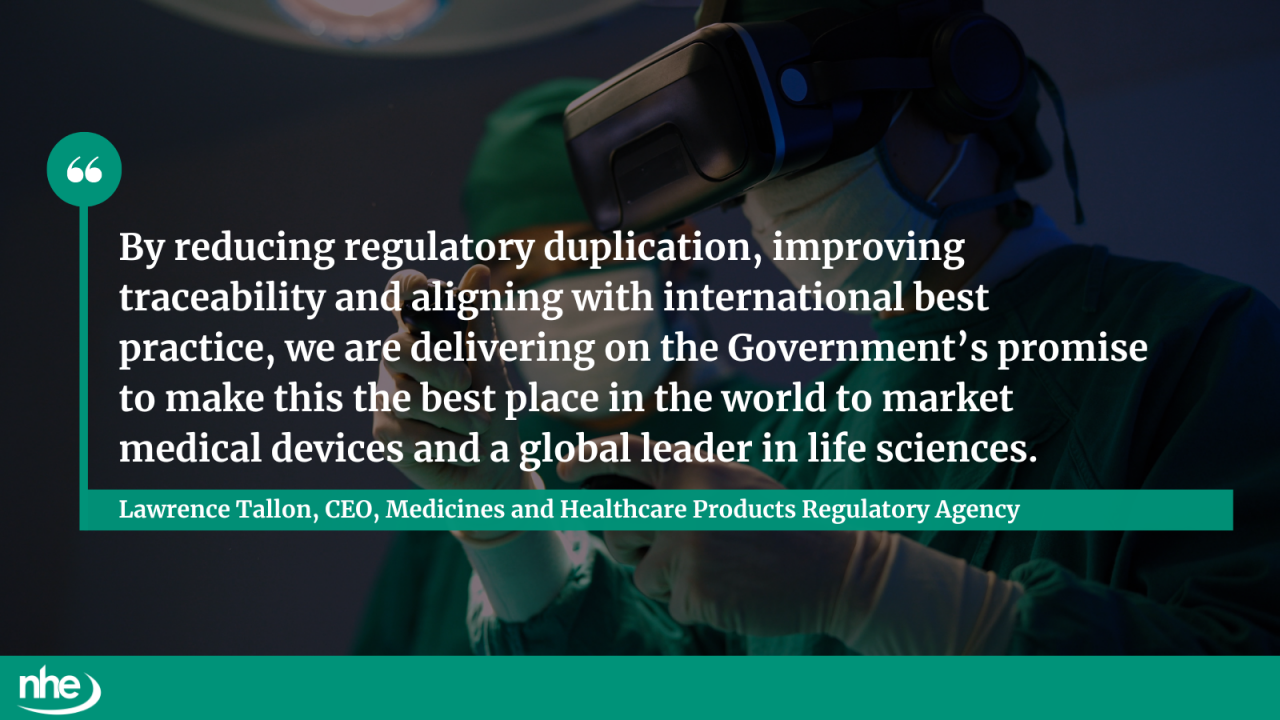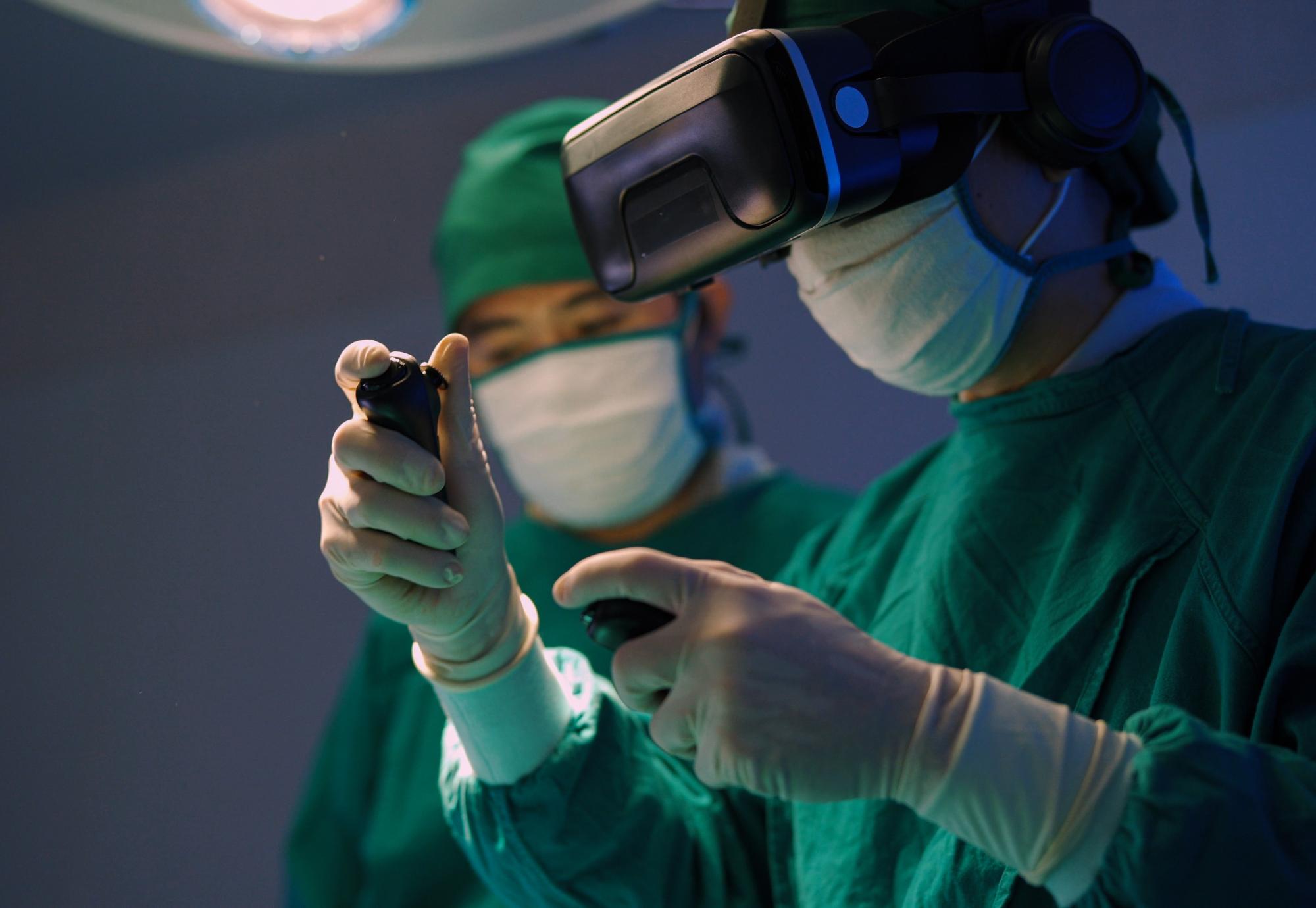The Medicines and Healthcare products Regulatory Agency has announced a series of transformative measures to improve patient access to the latest medical technologies and reduce regulatory burdens for manufacturers.
The reforms, published today in the government’s response to a public consultation, aim to modernise the UK’s medical device regulation, support innovation, and ensure faster access to life-saving technologies, including AI-powered medical devices.
Key to the new approach is the introduction of international reliance routes, allowing medical devices approved by trusted regulators in Australia, Canada, and the United States to enter the UK market more swiftly. This will help patients benefit from cutting-edge technologies already in use abroad.
The MHRA also plans to consult on the indefinite recognition of CE-marked devices, responding directly to industry feedback and reducing duplication for manufacturers operating across Europe and the UK.
The UKCA route will now be refocused on first-in-market, innovative technologies, particularly those involving artificial intelligence in healthcare. This targeted approach will help position the UK as a global leader in med tech innovation.
To further streamline processes, the MHRA will support removing the requirement for physical UKCA markings once unique device identification (UDI) systems are in place, improving traceability while reducing packaging costs.
CEO of the MHRA, Lawrence Tallon, said:
“Our focus is on ensuring that patients benefit from the earliest possible access to safe and effective medical technologies that meet their needs and deliver significant clinical benefit.
“By reducing regulatory duplication, improving traceability and aligning with international best practice, we are delivering on the Government’s promise to make this the best place in the world to market medical devices and a global leader in life sciences.”

These reforms align with the UK’s Life Sciences Sector Plan, Industrial Strategy, and the 10-Year Health Plan for England, all of which aim to reduce barriers to market entry and deliver transformative technologies to patients faster.
The MHRA’s broader regulatory reform programme also includes:
- Enhanced post-market surveillance for improved patient safety
- Risk-proportionate routes for faster market entry
- Greater support for domestic innovation and global competitiveness
Wes Streeting, Secretary of State for Health, added:
“Our 10-Year Health Plan will seize the opportunities provided by new technology, medicines and innovation to deliver better care for patients, whether these originate at home or abroad.
“It makes perfect sense that medical devices approved for use on patients in a country whose safety regulations we trust can also be used here - without red tape or bureaucracy delaying devices which can benefit NHS patients now.
“We will look around the world to bring the best life-saving devices to Britain quickly and safely and build a modern health service that is fit for the future.”
Image credit: iStock



















